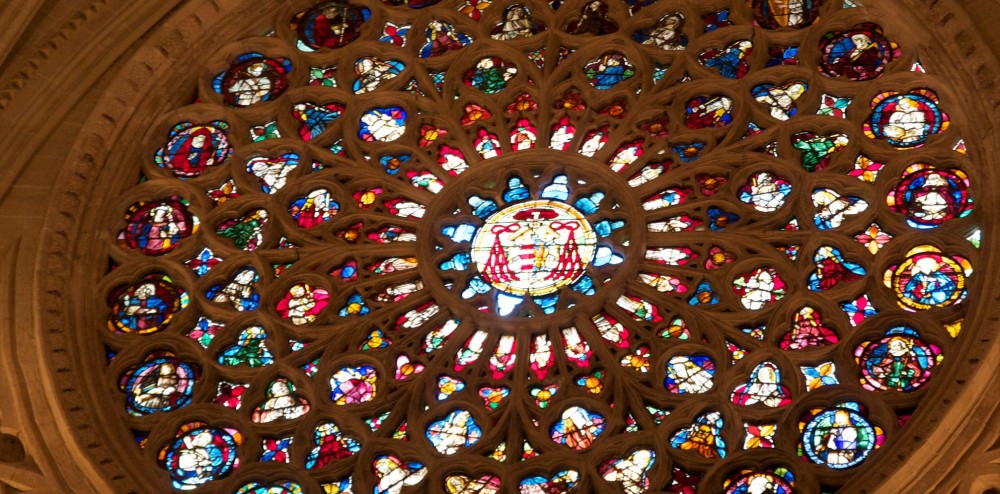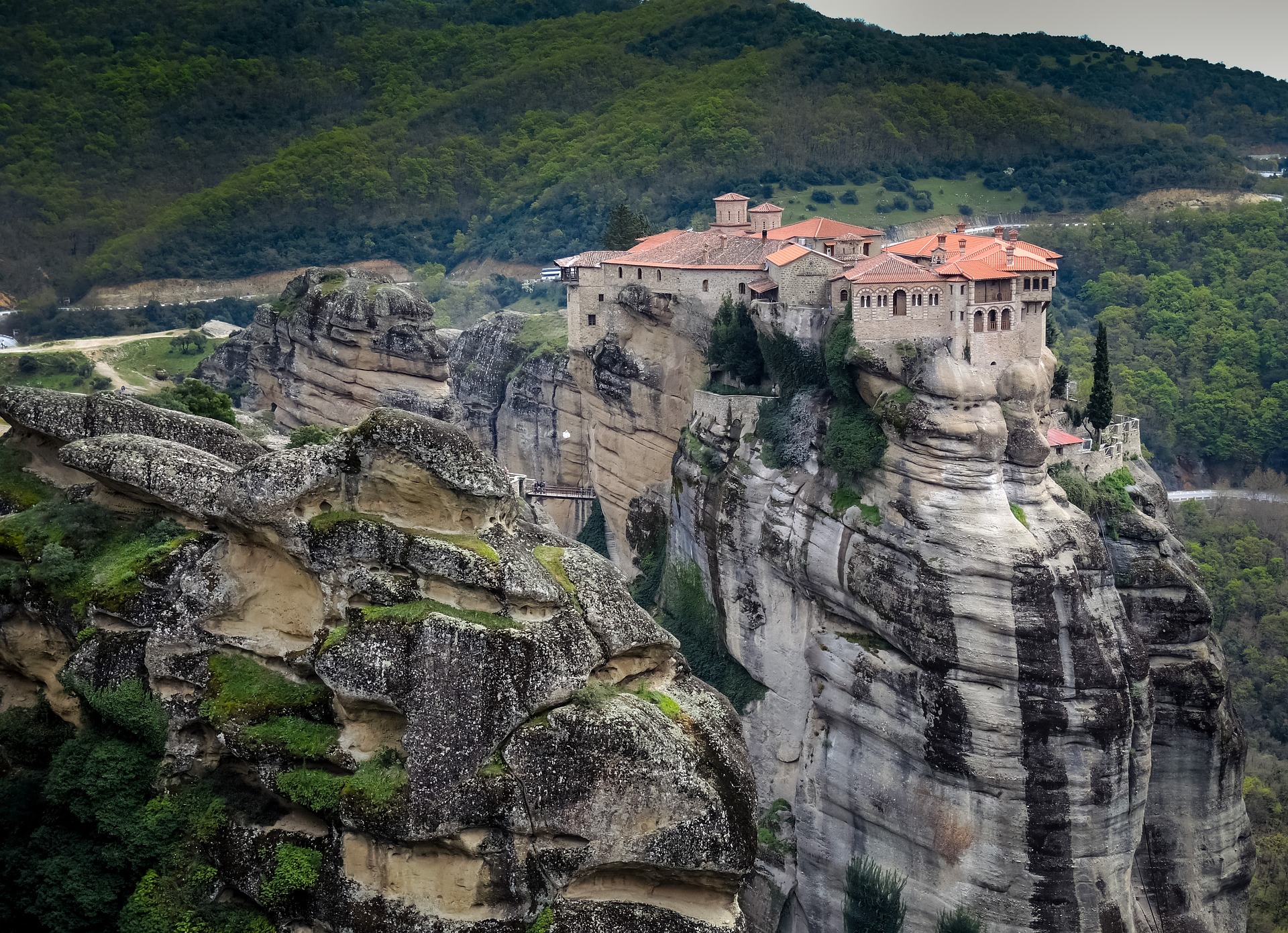A peninsula in Northern Greece, east of Thessalonica, has been the quasi-independent site for 20 monasteries for almost 1500 years. A story by Neil MacFarquhar in The New York Times offers a report on this unique religious site in Europe (you can read the story at www.nytimes.com/2018/10/20/world/europe/mount-athos-greece-russia-eastern-orthodox-church.html). This prompted a reflection on my experience.
After living in Athens for five months in 1965, I returned to Greece the following summer and traveled to the North by way of Meteora, a monastic marvel in central Greece. From Thessalonica a bus came to Ouranopolis (City of Heaven) from which a boat provided access to the peninsula. Besides a tourist visa, I had obtained permission from the Ecumenical Patriarch in Istanbul for a Catholic priest to visit the monasteries. Many of the other visitors were men from northern Europe who seemed to be interested in the gorgeous scenery than in realities of the spiritual order. We were all guests of a monastery each night, a hundred cots in the large sleeping quarters. Because of thefts of icons in the past, the chapels and libraries were closed to visitors, except for religious services. Friends had given me the name of a monk of the Great Lavra, who shared with me the story of his previous life as a sailor and now his preparation for “crossing the bar.”
The rhythms of prayer in the chapel began in the wee hours of the new day with Matins and Lauds, a service using the ancient translation of the Old Testament in Greek (Septuagint) and the New Testament in the vigil that celebrated the spiritual illumination that comes when a community recognizes the inadequacy of natural light. The Greek language had two levels: The “pure Greek” of the monks and people with a high school education and the language of the people (demotiki) with the introduction of the auxiliary verbs like many other European languages. The military coup in 1967 not only abolished the monarchy but also eliminated “pure Greek” from the high school curriculum. We hope that many young people today make the effort to become familiar with the Greek of their ancestors, when it was the international language of the Mediterranean world!
The monastic communities continue to draw men from the world of Christian Orthodox lands and beyond. Undoubtedly some have experienced ambivalence of cultures that arose from the ashes of Communist oppression of religion or from the secularized western lands. May they continue to bear quiet witness to the Kingdom of God!

